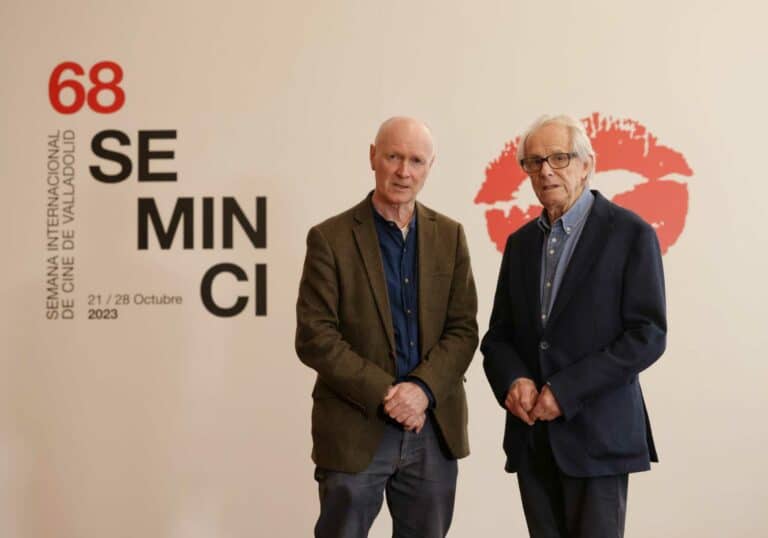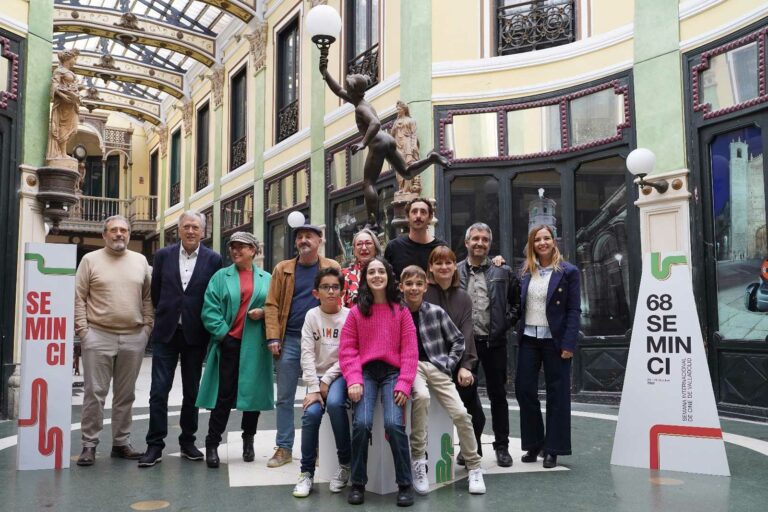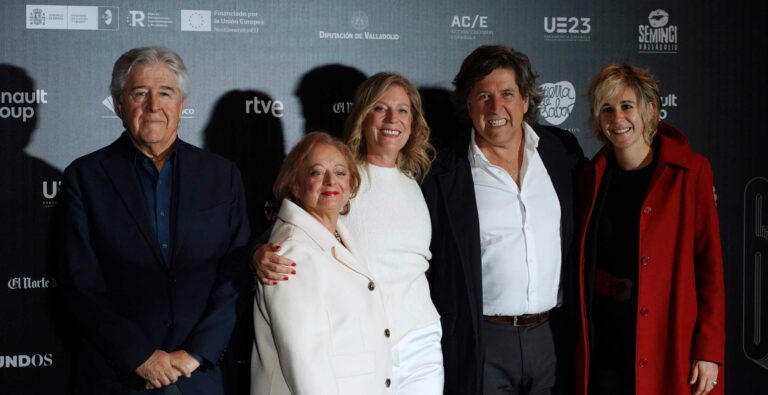Today Monday, French filmmaker Robert Guédiguian premiered in the Official Section of the 66th Valladolid International Film Festival (Seminci) his latest work, Mali Twist, a film set in the history of Mali after independence from France, a revolutionary time in which they sought to establish pan-African socialism.
“We have to talk more about colonisation in France and Europe, we have to understand our mistakes, our horrors. We have to fight the intellectual and moral return of fascism in Europe and to do so, we have to better understand our history and be pedagogical with the population,” said the filmmaker, who warned that those who do not want to carry out this exercise of analysis and understanding are “condemned” to live through it again.
The director, winner of the Golden Spike at the 45th Festival for La Ville est Tranquille [The Town is Quiet] and the Silver Spike in 2011 for Les Neiges du Kilimandjaro, has confessed, in this sense, that he wouldn’t be willing to live through what happened in France in the 1930s and that, if it were to happen again, he would leave the country or “take up arms”, a point on which he clarified that although he is “a little old to fight,” there are always “other resources.”
In relation to the historical period portrayed in Mali Twist, Guédiguian recalled that Mali’s independence process was characterised by peace and tranquillity and highlighted the efforts of the country’s then president, Modibo Keita, to create a “very humane community with a pan-African vision,” that he would have liked to see across borders.
“It was a revolutionary moment and these processes interest me a lot,” acknowledged the director of films such as Marius et Jeannette before considering that it is important to study them in order to know the reasons that prevented it from prospering.
In relation to the film he presented at Seminci, shot in Senegal because of the problems of insecurity in Mali, Guédiguian explained that the root can be found in a photography exhibition taken in the 1960s and starring young people having fun at club parties. Although he considered turning it into a documentary or even a series, he finally decided to make a film to take it to the big screen.
“The main character, the protagonist, could have been me,” confessed the director from Marseille, who explained that at the time the story is set he was 18 years old and was “a young communist revolutionary and idealist” who, in addition, danced twist and rock and roll even better than Samba, his protagonist, to whom he “lent” the motorbike he drives throughout the film.
The choice of actors was made precisely in the streets that the star rides his motorbike through, just outside high schools, as they were looking for very young people: Stéphane Bak, the actor in Samba, started in the theatre when he was 13 or 14 and, although he had already made a few films, he is not very well known in France. Alicia Da Luz Gomes, on the other hand, had just finished high school and, at 17, had never filmed before. “We wanted a kind of couple like Di Caprio and Kate Winslet,” he said of the characters’ love story.
The director, who on this occasion has surrounded himself with a different cast of actors from the one that usually accompanies him in his projects, including Ariane Ascaride and Jean-Pierre Darroussin, pointed out that, although his “old guard” did not participate on this occasion, they did take on the challenge of reconstructing Mali and travelling around the country with him. “They had been talking to me for years about working with other actors to pass on the skills to young people,” he explained before acknowledging that the experience was positive for both the African cast and for him.
Mali Twist will be screened at the Calderón and Carrión theatres today Monday 25th October 2021 at 10pm, and tomorrow Tuesday 26th at 4.30pm at Broadway Cinemas.





















































